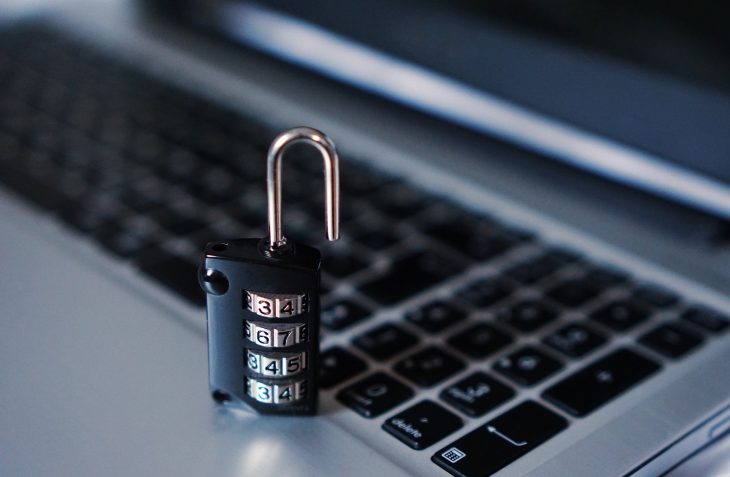The headline for this article is certainly provocative and would seem counterintuitive given much of the published information suggest that payments fraud via check remains the most frequently targeted payment tool by fraudsters. The source referenced in this posting from Bank Innovation is a recently released JP Morgan Chase survey conducted through the banks’ Executive Advisory Board (EAB). Although I did read the publicly available portion of the survey, it was not clear to me that there is a linear relationship between cybersecurity concerns and continuing large scale business check usage in the U.S.
‘The survey, which was released last week, showed that the primary reason for businesses for not wanting to increase banking online or on any digital platform is because of cybersecurity concerns. The survey found that of the 45% of business leaders said that they will not increase their digital banking use because of security reasons. Almost all (99% ) respondents expressed this is a major concern. On the bright side for JPMorgan Chase, which has a large commercial banking unit, 81% of business executives said they prefer to bank online.’
We tend to think that a combination of factors contributes to the relationship between checks and B2B payments in the U.S. One of these is certainly inertia, where the old adage ‘if it ain’t broke, don’t fix it’, remains a steadfast reality for both payables and receivables operations. In effect, it is often a tough sell to go digital given the relative efficiencies in e-checks and clearing improvements during the past ten years, as well as difficult-to-locate and consistently applied benchmarking data that reflect true end-to-end processing and attendant costs (including fraud). But we see the impact of latest gen tech to become much more of a motivational factor during the next several years, with check usage declining more rapidly.
‘Using checks, of course, is an issue that banks are attempting to solve by establishing realtime payments. The U.S. market is notorious for using checks, while the rest of the world has switched to more modern payment techniques. With realtime payments (or faster payments), business customers will be able to send, receive payments instantly. This type of payment will also give the bank more realtime data and thus enable the banks to provide customers with additional tailored products and services.’
In any event, a bit of a general survey and if we find additional information, we’ll keep you posted.
Overview by Steve Murphy, Director, Commercial and Enterprise Payments Advisory Service at Mercator Advisory Group
